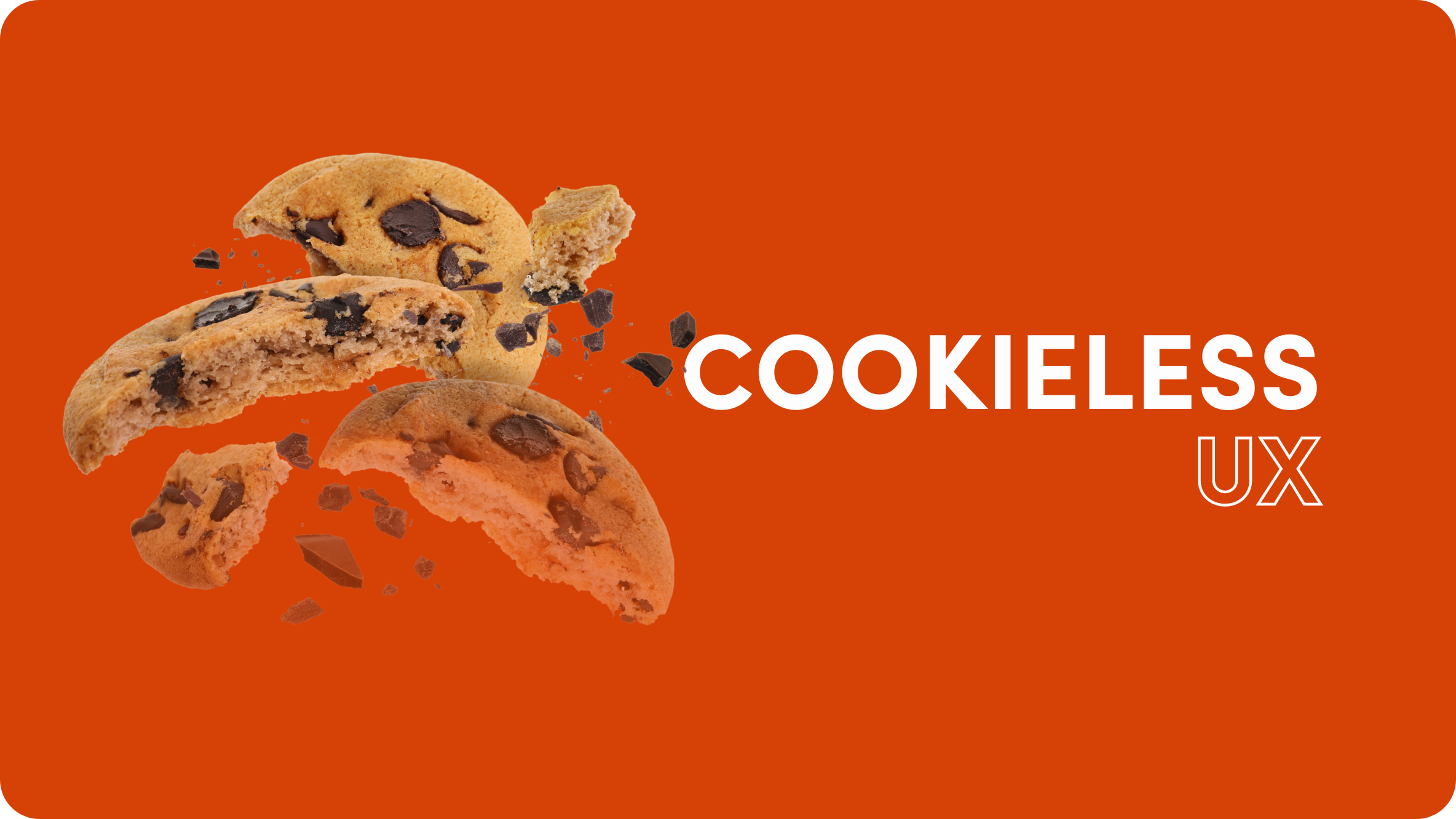Website Cookies (and Their Demise): Everything You Need to Know

You’ve been on the internet. So have your friends. You don’t live under a rock (unless you’re Mr. Patrick Star, in which case: You’re a legend and welcome to my blog!) You’ve heard of cookies. No, we’re not talking about the delicious baked treats, but rather the small data files that silently shape our online experiences. These unassuming bits of code are the unsung heroes (or perhaps, villains) of the internet, playing a pivotal role in how websites remember us, personalize content, and track our digital footprints.
But have you ever asked yourself what cookies are, and why they matter? How do they impact our privacy and security? What about your user experience? Whether you’re a curious netizen or a business owner seeking clarity on compliance and user trust, this article aims to be your comprehensive guide to all things related to website cookies (If you were looking for a recipe, I recommend looking elsewhere!).
Before We Start…
It’s important to remember that cookies are a software product, and as such have a clear technical definition that should be noted before moving on to a more comprehensive discussion. So here goes.
Cookies are strings of data that a web server sends to the browser. When a browser requests an object from the same domain in the future, the browser will send the same string of data back to the origin server.
The data is sent from the web server in the form of an HTTP header called ‘Set-Cookie’. The browser sends the cookie back to the server in an HTTP header called ‘Cookie’.
Source: Cisco
Or to put it more simply:
Internet cookies, also known as HTTP cookies or web cookies, are small files containing text, which codes for data, that is sent from a web server and stored on a user’s web browser (Firefox, Chrome, Opera, Safari, or maybe for your grandparents, Internet Explorer) while the user is browsing a website. These cookies are used to store and retrieve information about the user’s interactions with the website. This enables certain things to happen, such as user authentication, session management, personalization, and tracking.
How Cookies Work
Without getting too deep into the technicalities, let’s break down the process of how cookies do what they do:
- Cookies work by establishing a communication mechanism between a web server and a user’s browser.
- When a user visits a website, the server sends a response containing HTTP headers, including “Set-Cookie” headers, which instruct the browser to create and store a cookie. The cookie is then saved locally on the user’s device.
- When the user returns to that same website or navigates to other pages within it, the browser is constantly resending the stored cookies back to the server with each request.
- The back-and-forth exchange of information allows the website to recognize the user, retrieve stored data, and provide a more personalized and seamless experience.
Remember when you accidentally clicked back after filling out 80% of a registration form? Cookies allow you to return to the same point with no lost input. Cookies can store various types of code that represent many kinds of information, from session IDs, user preferences, and shopping cart contents, to tracking data, which help websites remember user settings and maintain user sessions across multiple interactions.
Session cookies vs persistent cookies
Cookies can be either session cookies, which are temporary and deleted when the browser is closed, or persistent cookies, which are stored for a specified duration or until manually deleted by the user.
While cookies serve essential functions for user convenience and website functionality, they also raise privacy concerns, as they can be used for tracking and profiling users’ online behavior. Regulations and browser settings provide users with control over cookie data privacy as determined by cookie usage.
Role of Cookies in Digital Marketing
Cookies have traditionally played a pivotal role in digital marketing by enabling marketers to gather valuable data about user behavior and tailor marketing efforts for enhanced precision and effectiveness. These small text files, stored in a user’s browser, track various online interactions, such as website visits, page views, clicks, and even shopping cart activity. This data serves as the foundation for creating targeted and personalized marketing campaigns.
One of the key applications of cookies in digital marketing is user segmentation. The information stored by cookies can help marketers understand what kind of interests you have, and this will allow them to better cater to your needs as a result. This segmentation allows marketers to deliver highly relevant content, ads, and offers to specific audience segments. For example, an e-commerce website can use cookies to identify users who have previously shown interest in a particular product category and then present them with personalized product recommendations or exclusive discounts.
Moreover, cookies enable marketers to measure the effectiveness of their campaigns by tracking conversion rates and attributing specific actions or purchases to particular marketing channels. This approach to optimizing marketing strategies, allocating budget, and ultimately achieving better ROI is data-driven, meaning marketers can respond to difficulties in real-time and solve problems before they become too costly. Efficiency!
The Problem with Cookies…
While cookies have long been a staple element of digital marketing, you may have heard about ‘cookie depreciation’. Third-party cookie depreciation refers to the ongoing trend in the digital advertising industry where third-party cookies are being phased out or deprecated. This shift has been prompted by concerns over user privacy and increased regulations in online data tracking and collection worldwide.
One of the major drivers behind third-party cookie depreciation is the growing emphasis on user privacy. As consumers become more aware of how their online data is collected and used for advertising, there has been a push for greater transparency and control over personal information. Third-party cookies have been at the center of this debate, as they enable advertisers to track users across multiple websites, often without their explicit consent. This has led to concerns about the potential for data abuse and the need for more stringent data protection measures. In response to these concerns, major web browsers like Google Chrome, Mozilla Firefox, and Apple’s Safari have implemented or announced plans to phase out support for third-party cookies, effectively rendering them less effective for tracking and targeting users.
But not so fast. Google originally planned for cookies to be phased out in 2022, which then became 2023, and is now slated for late 2024. Getting rid of cookies completely has been more complicated and disruptive than expected, however, it will happen – despite the delays.
As a result, advertisers and marketers are exploring alternative methods for targeting and tracking users. One approach is to rely on first-party data, which is collected directly from users on a website or platform with their knowledge and consent. Additionally, there is a growing interest in technologies like contextual advertising, which targets users based on the content of the webpage they are currently visiting, rather than relying on individual user tracking. These changes are pushing the industry to adapt to a more privacy-conscious and user-friendly approach while still meeting the needs of advertisers.
Thanks for Everything, Cookies
Cookies have played an integral role in the online experience, serving as a bridge between users and the websites they visit. Yet the days of third-party cookies are coming to an end. For individuals, this is a huge boost for data privacy. For advertisers and marketers, however, it is quite a blow, meaning their ability to track users, understand their online behavior, and provide personalized ads and campaigns is reduced. But have no fear, other targeting methods, such as contextual targeting and first-party data targeting, are the up-and-coming alternatives that will rule the digital world in the years to come.











